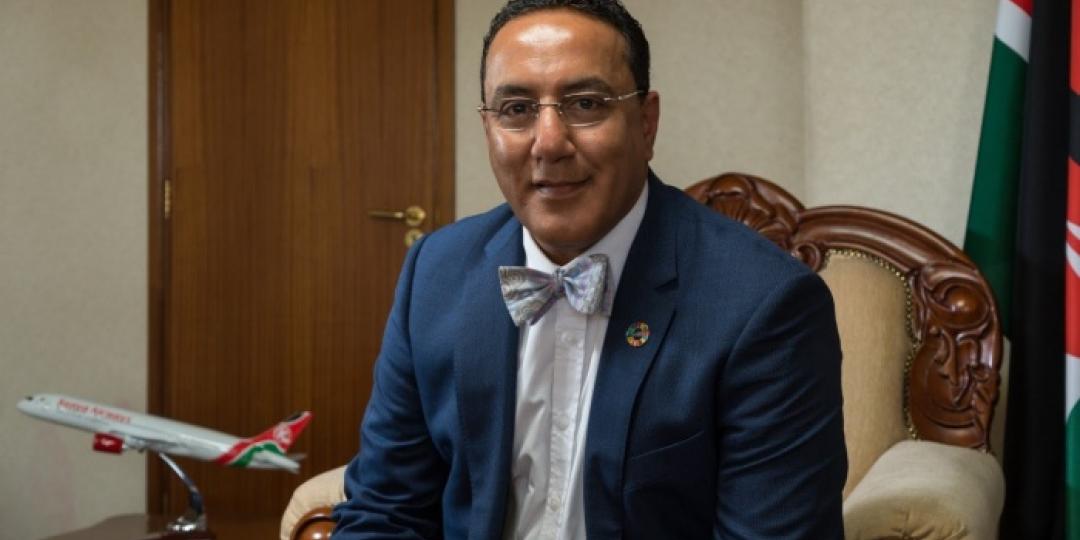Collaboration, easier access and harmonised regulations are three key things needed for Africa’s tourism recovery.
This was the key message highlighted during an Inter-Ministerial roundtable discussion at Africa Travel Week – which included World Travel Market (WTM) 2022 – on April 11.
“Africa is the future – without doubt,” said Dr Taleb Rifai, former Secretary General of UNWTO. “We’re all Africans: we all came out of Africa. But Africa cannot be what it should be if the continent doesn’t work together.”
His sentiments were echoed by many other panellists – including the Ministers of Tourism from Botswana, Kenya, Sierra Leone, eSwatini and South Africa – who also noted that it was important to grow intra-African travel.
“Kenya’s industry recovered more quickly than expected from the devastation of the pandemic because of domestic and regional tourism,” said Kenyan Cabinet Secretary for Tourism and Wildlife, Najib Balala.
He reiterated, however, that tourism attractions in Africa – used to drawing international travellers and foreign currency – needed to become more accessible in terms of affordability and easier visa access, as well as airlift and improved road and rail transport infrastructure.
Furthermore, a co-ordinated, harmonised regional framework was needed, particularly with regard to COVID-19 regulations.
“Africa drew 70 million tourists to its shores in 2019. We can get to 200 million visitors easily if we address these key issues,” said Balala.
This means that African countries need to diversify their product offerings to provide facilities more suited to a variety of budgets as well as ensure more local buy-in for tourism products and services by broadening the tourism investment pie.
“We need to reduce inequality in the sector and improve inclusivity,” said Balala, pointing out that this therefore required co-ordinated efforts and regional partnerships.
Digitalisation
The Inter-Ministerial panel further noted that digital infrastructure remained a challenge in Africa. “Technology costs are a major barrier, as is Internet stability, which limits the efficiency and effectiveness of moving tourists and connecting with key global partners,” said eSwatini Minister of Tourism and Environmental Affairs, Moses Vilikati.
He said African countries could share knowledge and expertise about technological innovations.























